Every year, China imports 7 billion USD worth of fresh durian. This figure is expected to exceed 10 billion USD in the next few years.
Durian export: Opportunities and challenges
On August 19, during the visit of General Secretary and President To Lam to China, the Ministry of Agriculture and Rural Development of Vietnam and the General Administration of Customs of China signed a Protocol on the export of frozen durian to China.
Mr. Huynh Tan Dat - Director of the Plant Protection Department (Ministry of Agriculture and Rural Development) - commented that currently, durian export Freezing is both an opportunity and a challenge for businesses, people and localities in organizing production and export.

“In 2023, China spent about 6.7 billion USD to import fresh durian from other countries and 1 billion USD to import frozen durian from Thailand and Malaysia. With the recently signed Protocol, current capacity and demand of the Chinese market, it is forecasted that Vietnam's frozen durian export turnover in 2024 can reach 300 million USD if the business registration can be completed soon and exports can be made soon,” said Mr. Huynh Tan Dat.
China is the world's largest durian consumer market. Opening this market is to take advantage of the Vietnamese market in China. However, the Vietnamese frozen durian industry still faces many challenges that need to be fully identified to cope with, especially issues of food safety, traceability, etc.
Mr. Nguyen Quang Hieu - Deputy Director of the Plant Protection Department (Ministry of Agriculture and Rural Development) - said that every year China imports fresh durian worth 7 billion USD, and it is expected that in the next few years, this figure will exceed 10 billion USD. Last year, China imported 1 billion USD of frozen durian. This figure is also expected to increase.
Regarding the advantages of frozen durian, Mr. Nguyen Quang Hieu said that fresh durian is only 30% flesh, 70% seeds, the shell must be removed, causing environmental pollution. Consumers in China will soon switch to frozen products because it is more suitable. Frozen durian has a long shelf life, can be used immediately or used as an ingredient for other products.
One of the challenges that Vietnamese farmers and businesses face is that China is testing 2,700 hectares of durian in the south of Hainan Island. Next, some Vietnamese businesses have not been aware of complying with the Protocol signed between the two countries, causing many technical violations to occur.
“If we do not rectify and raise awareness of compliance with regulations, China will take action. This is very unfortunate; just because a few businesses violate the law, the whole industry will be affected.” Mr. Hieu said.
Notes for export businesses
Under Order 248, foreign food manufacturing enterprises exporting to China must comply with new registration regulations. This regulation requires establishments to register and obtain a license before exporting products into China. Chinese market

Order 248 regulates the registration of aquatic products for export on the General Administration of Customs of China (GACC) Single Window for Export Trade (CIFER). Enterprises must have a food safety management system that is assessed by GACC according to 13 criteria and recognized as equivalent to Chinese standards. Some of the criteria include standards and measures for raw material management, traceability, establishment and operation of HACCP systems, cleaning and sterilization, chemical/waste control, etc.
For frozen durian, businesses must establish an effective food safety management system. Cold storage must meet standards, as well as the quality of water, tap water, and steam used in the production process must be guaranteed.
After receiving the application from the enterprise, GACC will examine, process the application and notify the result on the CIFER system. Enterprises that meet the requirements will receive a registration number in China. The registration license is valid for 5 years from the date of issue.
Ms. Nguyen Thi Thai Thanh - Chairwoman of the Board of Directors of Ban Me Green Farm Joint Stock Company - said that the enterprise has been operating in the field of freezing durian since 2022, with an expected output this year of 4,000 - 5,000 tons.
According to Article II of the Protocol on requirements for inspection, phytosanitary and food safety for frozen durian exported to China, the Vietnamese side must ensure that the steps such as peeling, segmenting and other processing of frozen durian are carried out by designated personnel. To prevent cross-contamination, this personnel must work in the production area throughout the processing and packaging process.
For businesses, understanding the criteria for "designated employees" is very important to ensure the right people are selected, helping to improve product quality.
Mr. Huynh Tan Dat also said that in the criteria for evaluating export enterprises, there is a requirement for establishing and operating the HACCP system. Accordingly, employees need to be trained and granted HACCP certification. When these certifications are achieved, the enterprise will have a qualified human resource team, ensuring food safety for exported frozen durian.
Mr. Huynh Tan Dat noted that export enterprises, packaging facilities, and growing areas must strictly comply with the regulations in the Protocol on phytosanitary and plant safety requirements for exporting frozen durian from Vietnam to China. In addition, it is necessary to focus on building brands for Vietnamese durian and frozen durian products, investing in upgrading freezing technology, techniques, and product quality to meet international standards.
To be able to export frozen durian to the Chinese market, the Plant Protection Department will continue to provide technical and regulatory support to localities, associations, growing areas, packaging facilities, and exporting enterprises.
The Department of Agriculture and Rural Development needs to step up inspection and examination of compliance with regulations on plant quarantine and food safety in the production and packaging of frozen durian and in the use of codes, promptly detecting and handling violations.
Support associations, exporting enterprises, growing areas, and frozen durian packaging facilities to maintain conditions that meet requirements for plant quarantine control, food safety, and compliance with regulations of importing countries.
The Ministry of Agriculture and Rural Development and the Plant Protection Department directed specialized departments and offices to coordinate with localities, businesses, and packaging facilities to effectively implement the regulations of the Frozen Durian Protocol in the coming time.
Source



















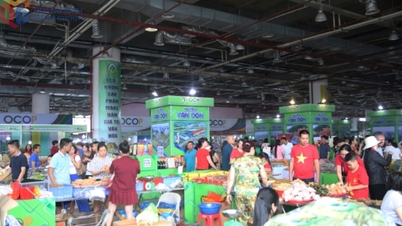

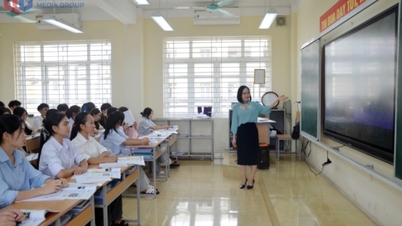

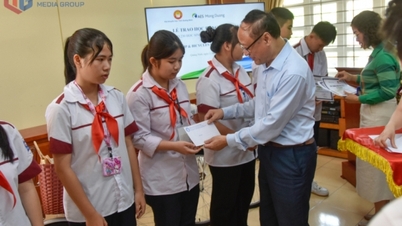






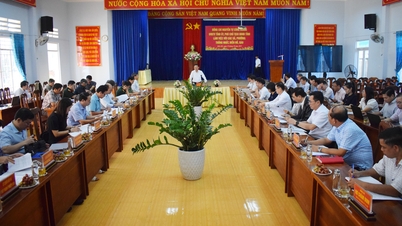










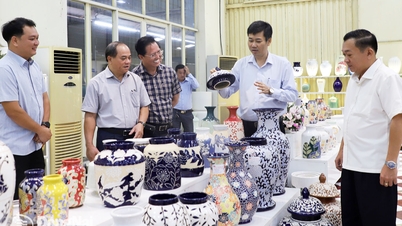







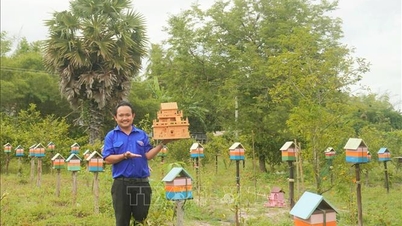


















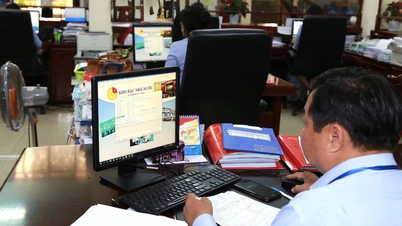



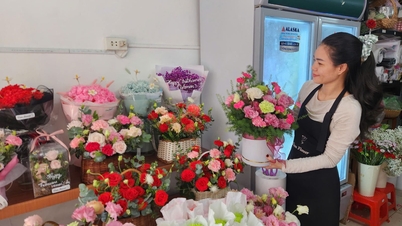





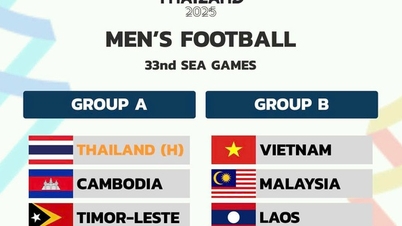




























Comment (0)